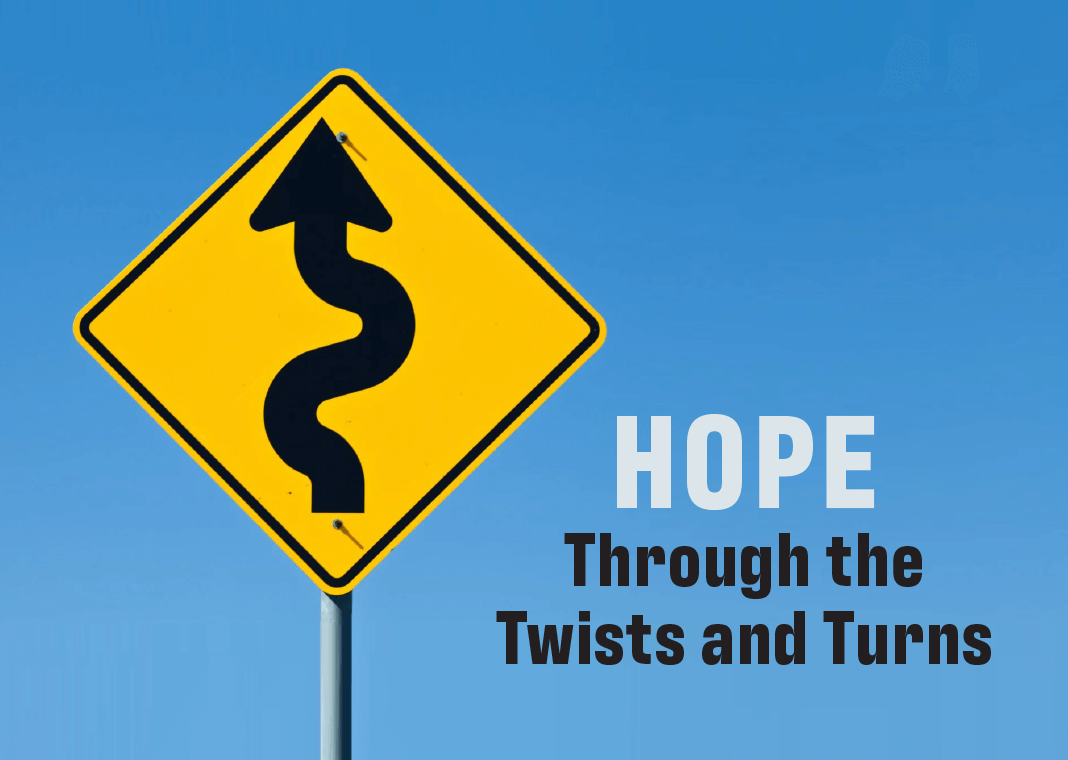
May of this year marked my first major hospital stay for surgery, as well as my first experience with serious recuperation. It was a challenging journey with many ups and downs as I navigated the path to recovery. The hardest aspect for me was being a “patient,” cultivating patience and allowing my body to heal. I overextended myself several times; I was so eager to improve, return to work, and resume exercising—to be anywhere but this painful in-between time. The first lesson was accepting mortality, bodiliness, and the slow healing process. Unrealistic expectations proved unhelpful, and I learned what true Ignatian freedom meant regarding a renewed trust and hope in God.
A significant part of the learning, I’m afraid to say, involved making mistakes, pushing too hard, getting exhausted, and worrying the medical staff, who pleaded with me to take it easy. I walked too far, overextended myself, and stretched myself thin. One minor medical crisis stands out: I had to return to the consultant for emergency advice on worsening symptoms. Fortunately, I escaped a major setback but was chastised and had to re-commit to the humdrum recovery routine. How could this be so difficult for me, someone of my age and so-called maturity?
There was something profound about accepting where I was and trusting that God was in charge of the healing process. The process took its own time and required a great deal of humility and patience. I had to lower my expectations of how long it should take and instead listen to my body. Forcing it, an old, unhelpful habit, caused more harm than good. If, as St. Ignatius says, God is in everything, then God had to be in this experience too: the invitation to find peace in this imperfect reality.
This involved fully inhabiting that dreaded space of vulnerability and insecurity; it was not easy to be in need, dependent, ill, or a patient. It went against everything that was self-determined, in control, productive, and contributing. In short, it stripped away the layers of external identity to reveal who I truly was: a fragile creature reliant on God and on others. The challenge was to find God and a new identity in illness and vulnerability.
The real difficulty for me as a Jesuit was the challenges to prayer. One contributing factor was the medical environment, with the noise, constant activity, interruptions, and artificial light. But the other was that inner noise caused by medications, physical pain, and general upset. It was hard to become calm and to return to myself, and the absence of any normal rhythm didn’t help.
I had to delve deep into a reservoir of gratitude, a key Ignatian value. I was grateful to be alive, for the wonders of modern medicine that were minimally intrusive, for the care of the nursing staff and their compassionate understanding, for the ability to move and walk, and for the promise of getting better, of course, this crucial hope for the future. A quote from writer Jack Kornfield spoke to me: “With even a little spiritual practice we have already discovered the need for healing, for stopping the war, for training ourselves to be present.”
The experience has made me more reflective and philosophical about life and dedicated to discernment and prayer; what else do we have? Additionally, I am more determined to make the most of the time left to me, to be grateful and not take anything for granted, and to live in and savor the gifts of the present moment. Finally, having hope means letting go and trusting fully in God’s intimate presence amidst the vagaries of life.
As we conclude our 31 Days with St. Ignatius celebration this week, read Why St. Ignatius Should Be Our Go-To Saint if We Are Suffering or Experiencing Unexpected Changes by Rebecca Ruiz. How have you found hope through the twists and turns? Share on your favorite social media channels with the hashtag #31DayswithIgnatius.
